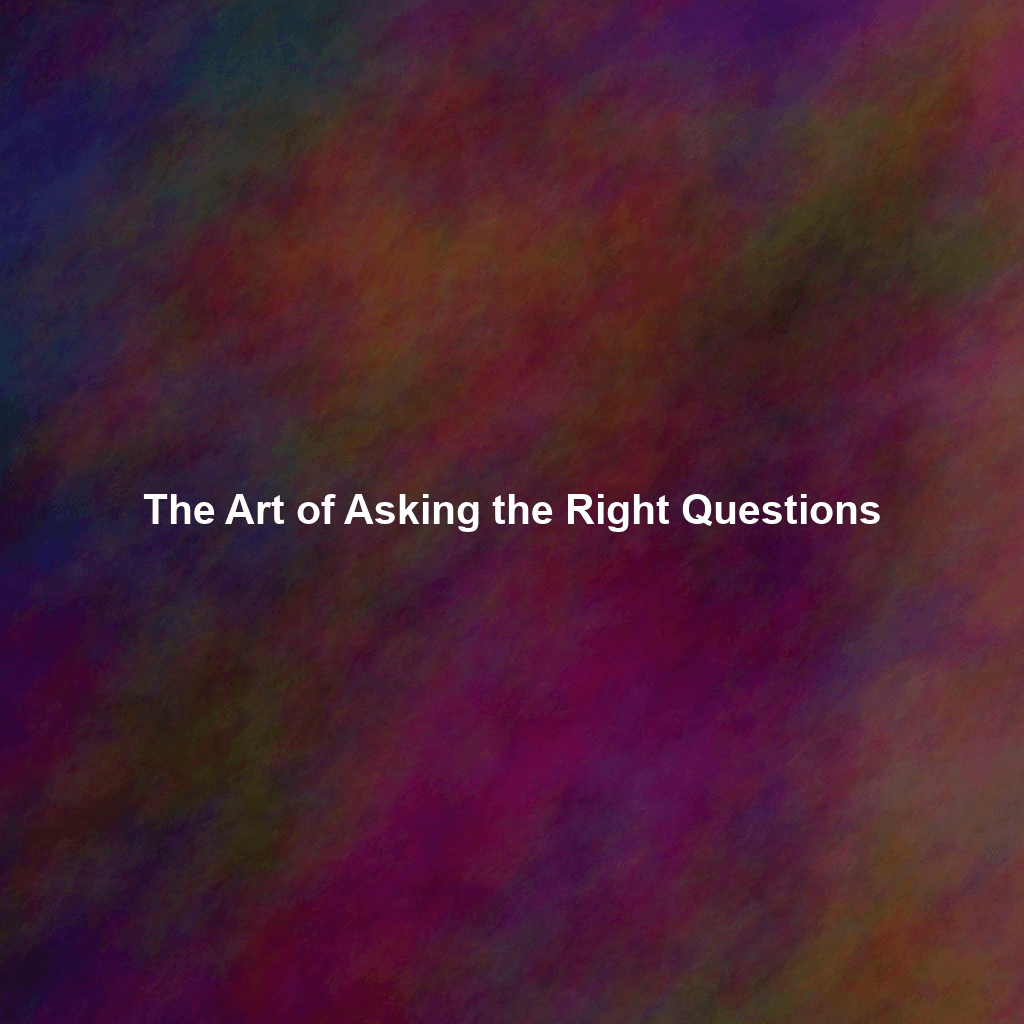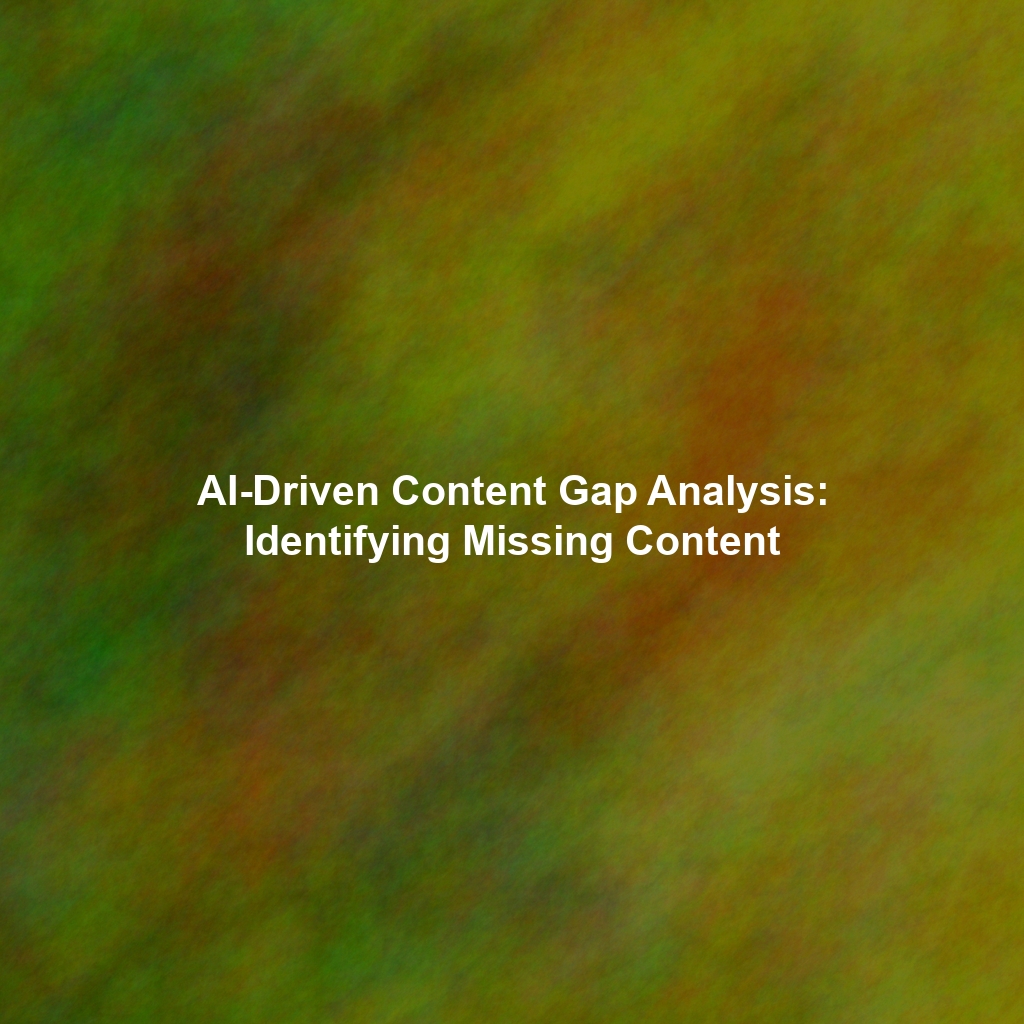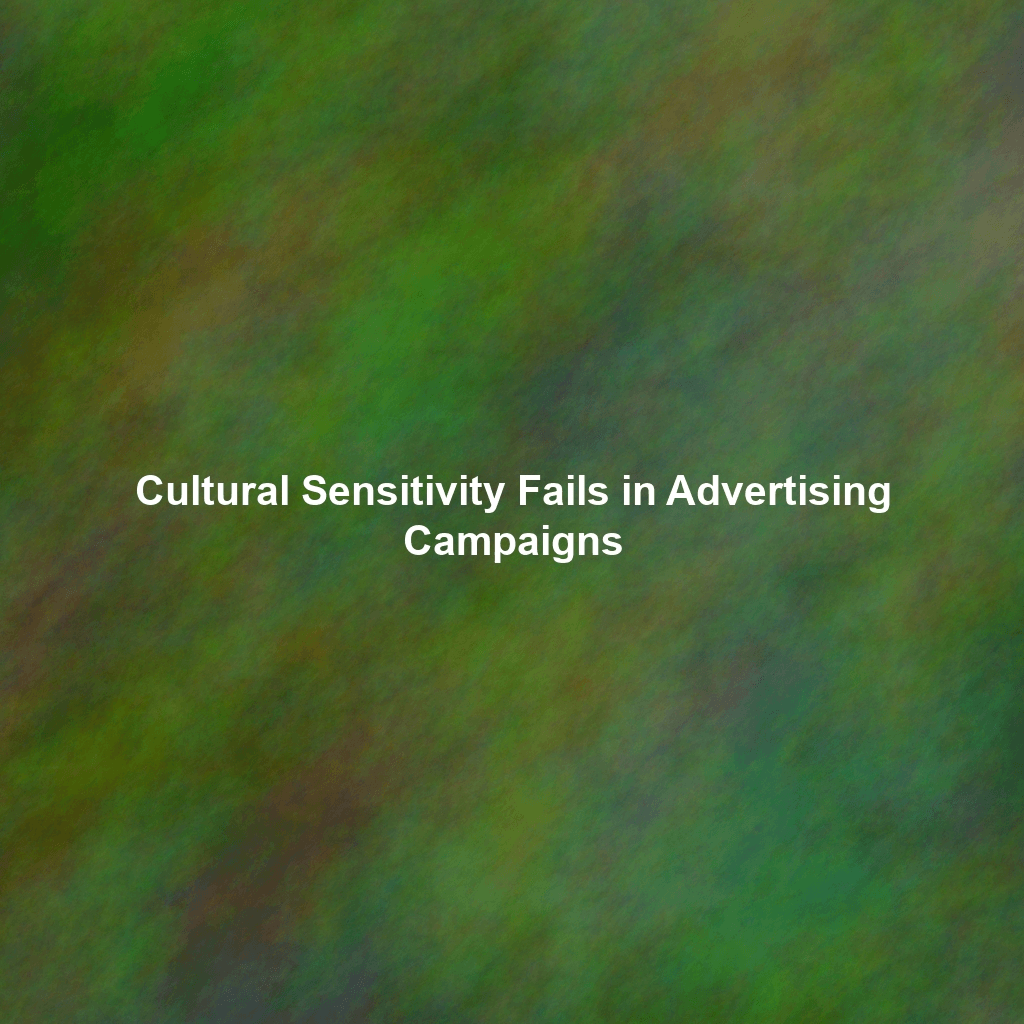Why Questioning is Your Superpower
Questioning isn’t about being confrontational or disrespectful. It’s about being intellectually curious and demanding clarity. It’s about separating the wheat from the chaff, the genuine insight from the cleverly disguised fluff. In a world saturated with misinformation, the ability to ask incisive questions is more valuable than ever. It empowers you to:
- Uncover hidden assumptions: Every statement, especially those made by experts, rests on certain assumptions. Questioning these assumptions reveals their validity (or lack thereof).
- Identify logical fallacies: Experts are human, and humans are prone to flawed reasoning. Spotting these fallacies requires careful scrutiny of their arguments.
- Gauge the depth of knowledge: A superficial understanding crumbles under thoughtful questioning. A true expert can confidently answer complex questions related to their field.
- Promote clarity and understanding: Asking clarifying questions ensures that you (and others) truly understand the information being presented.
- Protect yourself from manipulation: Bullshitters often rely on jargon, ambiguity, and emotional appeals. Questioning their claims exposes their tactics.
The Anatomy of a Good Question
Not all questions are created equal. Some are more effective than others in eliciting meaningful information and exposing potential BS. Here’s a breakdown of the key ingredients of a good question:
Clarity and Precision
Avoid vague or ambiguous questions. The more specific you are, the more focused and useful the answer will be. For example, instead of asking “What about climate change?”, try “What are the key uncertainties in climate models regarding the impact of cloud formation on future warming?”
Open-Ended vs. Closed-Ended Questions
Closed-ended questions (those that can be answered with a simple “yes” or “no”) are useful for confirming facts or gathering basic information. However, open-ended questions (those that require more detailed answers) are far more effective at probing understanding and uncovering hidden assumptions. For instance, instead of “Is this solution effective?”, try “What are the potential limitations of this solution, and how might we mitigate them?”
The “Why” Question: The Ultimate BS Detector
“Why?” is arguably the most powerful question in your arsenal. It forces the speaker to justify their claims and explain their reasoning. Repeatedly asking “Why?” (in a respectful and constructive manner) can quickly expose gaps in knowledge or flawed logic. Be prepared to keep asking “Why?” even after you get an initial answer. Often, the real substance (or lack thereof) lies in the subsequent explanations.
The “How” Question: Unveiling the Process
Similar to “Why?”, “How?” delves into the mechanics and processes behind a claim. It forces the speaker to explain how something works, how a result was achieved, or how a conclusion was reached. For example, instead of simply accepting a statement about a new technology, ask “How does this technology overcome the limitations of existing solutions?”
The “What If” Question: Exploring Alternatives and Implications
“What if?” questions encourage creative thinking and exploration of alternative scenarios. They can reveal the robustness (or fragility) of a proposed solution or plan. For example, “What if the key assumptions underlying this strategy turn out to be incorrect?” or “What if the market conditions change unexpectedly?”
Questioning Strategies: A Practical Guide
Now that you understand the principles of good questioning, let’s explore some practical strategies you can use in various situations:
The Socratic Method: Leading Through Questions
The Socratic method involves asking a series of carefully chosen questions to guide the other person towards a deeper understanding of the topic. The goal is not to lecture or impose your own views, but rather to help them discover the truth for themselves. This is particularly useful when someone seems confident but their reasoning is shaky.
The “Devil’s Advocate” Approach: Challenging Assumptions
Playing devil’s advocate involves deliberately arguing against a position, even if you personally agree with it. This forces the speaker to defend their claims and consider alternative perspectives. It’s a valuable technique for stress-testing ideas and identifying potential weaknesses.
The “Beginner’s Mind”: Questioning Everything
Adopting a “beginner’s mind” means approaching every situation with a sense of curiosity and openness, as if you know nothing about the topic. This allows you to question even the most fundamental assumptions and challenge conventional wisdom. It can be particularly effective when dealing with complex or unfamiliar subjects.
The “Follow-Up” Question: Digging Deeper
Don’t be afraid to ask follow-up questions to clarify ambiguous answers, explore related issues, or challenge inconsistencies. A good follow-up question shows that you’re engaged and genuinely interested in understanding the topic. It also signals to the speaker that you’re not easily fooled.
Handling Evasive Answers
Sometimes, even the best questions are met with evasive or non-committal answers. This is a red flag that the speaker may be trying to avoid revealing the truth. In such cases, it’s important to persist with your questioning, but in a respectful and non-confrontational manner. Try rephrasing the question, asking for specific examples, or exploring alternative perspectives.
Common Tactics of Bullshitters and How to Counter Them
Recognizing the tactics used by those trying to mislead you is crucial for effective questioning. Here are a few common techniques and how to respond:
- Jargon and Technical Language: Used to create an illusion of expertise. Counter by asking for clear, plain-language explanations. “Can you explain that in simpler terms?”
- Appeal to Authority: Citing irrelevant or questionable authorities. Counter by asking about the qualifications of the authority and the evidence supporting their claims. “What specific qualifications make them an expert on this particular issue?”
- Emotional Appeals: Using emotional manipulation instead of logical reasoning. Counter by focusing on the facts and asking for evidence to support the claims. “What evidence do you have to support that assertion?”
- Vagueness and Ambiguity: Avoiding specific details and making broad generalizations. Counter by asking for concrete examples and specific data. “Can you give me a specific example of that?”
- Shifting the Goalposts: Changing the subject or redefining terms when challenged. Counter by staying focused on the original topic and refusing to let the speaker change the subject. “Let’s get back to the original question…”
The Ethical Considerations of Questioning
While questioning is a powerful tool, it’s important to use it responsibly and ethically. Avoid asking questions that are intentionally accusatory, disrespectful, or designed to humiliate the speaker. The goal is to uncover the truth, not to win an argument or make someone look bad. Be mindful of the power dynamics involved and avoid exploiting any vulnerabilities. Remember that everyone is entitled to their own opinions, even if you disagree with them.
Embrace the Power of Inquiry
The art of asking the right questions is a lifelong pursuit. It requires practice, patience, and a willingness to challenge assumptions. By honing your questioning skills, you can become a more informed, discerning, and empowered individual. You’ll be better equipped to navigate the complexities of the modern world, separate fact from fiction, and identify those who are genuinely knowledgeable from those who are simply bullshitting their way through life. So, embrace the power of inquiry, ask questions relentlessly, and never stop learning.
 Skip to content
Skip to content

